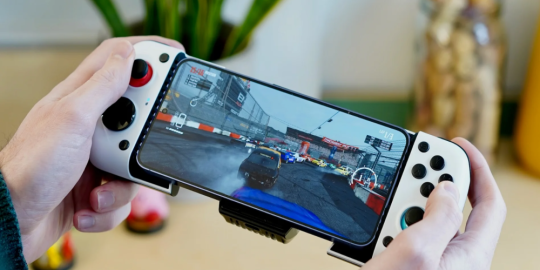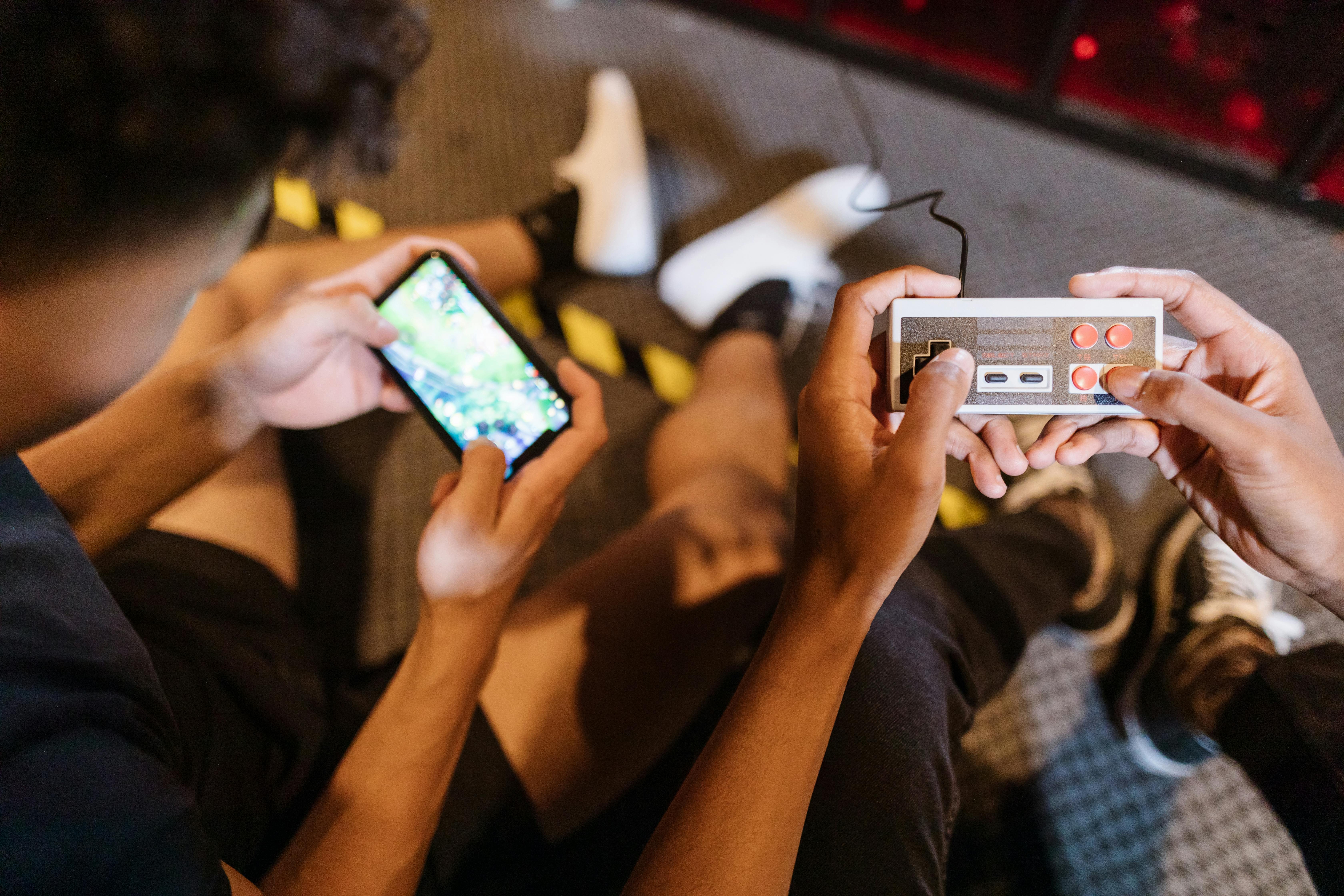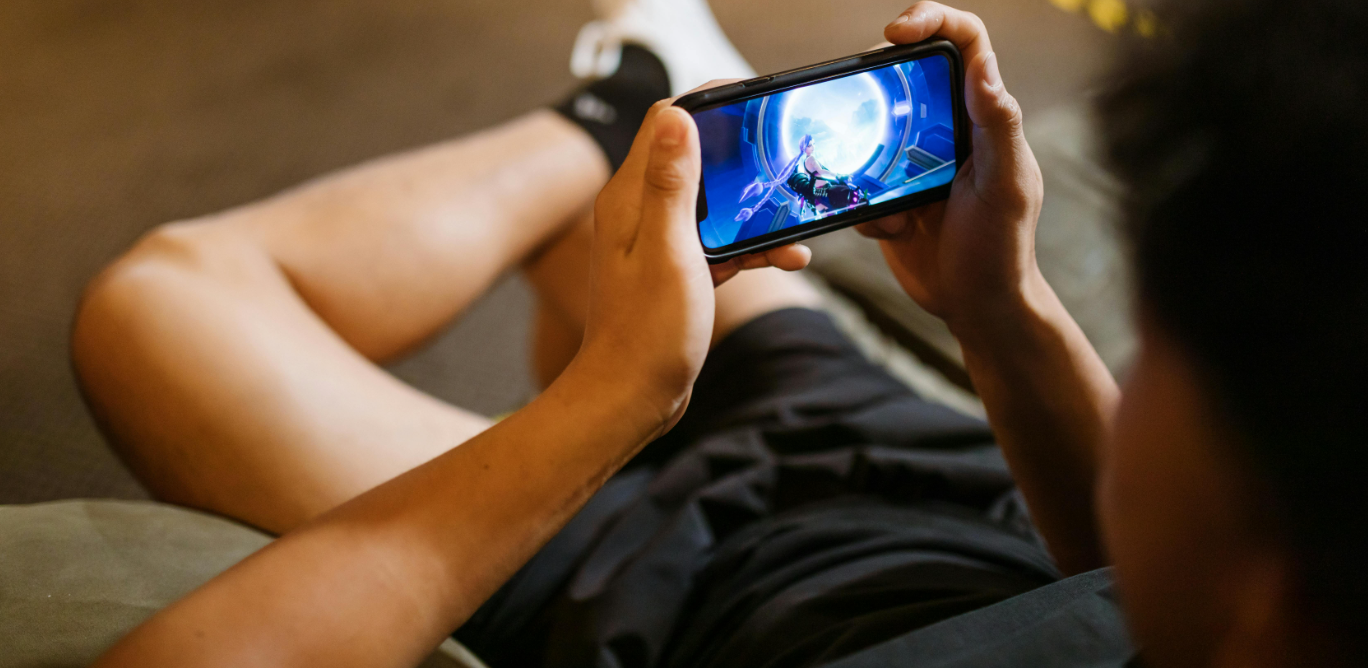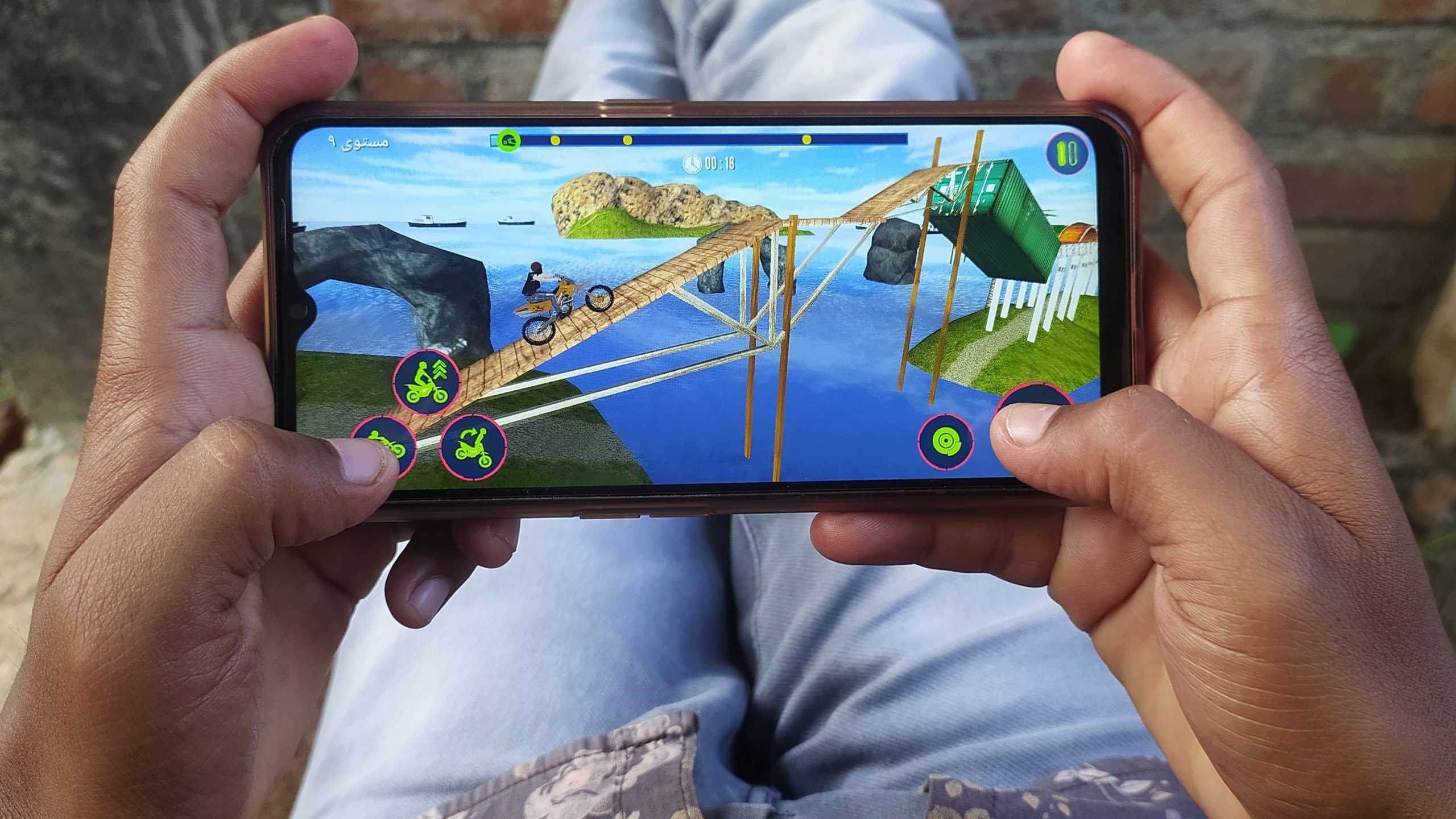
Mobile gaming has become an integral part of daily entertainment for millions around the world. From puzzle games that offer a quick mental challenge to immersive role-playing games that transport players to fantastical worlds, the allure of mobile games is undeniable. However, when the virtual worlds on our screens start to impinge upon our real-life responsibilities, it becomes essential to reassess our gaming habits.
Overcoming mobile gaming addiction is not about renouncing the games we love, but about cultivating a healthier relationship with our digital pastimes. This article explores practical tips for balancing play time with productivity, ensuring that our mobile gaming does not come at the expense of our real-world achievements and well-being.
Understanding Your Gaming Habits
To effectively manage mobile gaming, it's crucial to understand your personal gaming habits and the triggers that lead you to reach for your device. Start by tracking how much time you spend on gaming each day. There are apps available that can monitor your usage and provide detailed insights into your gaming patterns. Once you have a clear picture of the time you're dedicating to games, reflect on the motivations behind your gaming. Are you playing out of habit, boredom, or for social reasons?
Once you have identified your triggers and motivations, set clear and achievable goals for reducing your gaming time. This could involve limiting gaming to specific times of the day, setting a maximum number of hours you can play per week, or even designating 'game-free' days. It's important to replace the time you would have spent gaming with other rewarding activities. Engage in hobbies that have been sidelined, spend time with friends and family, or invest in personal development. By filling the void with positive alternatives, you're less likely to feel deprived and more likely to stick to your new gaming schedule.
Establishing a Balanced Routine

Creating a balanced routine is essential for overcoming mobile gaming addiction. Start by establishing a daily schedule that includes time for work, rest, and play. Prioritize your responsibilities and ensure that gaming does not interfere with crucial tasks. To avoid the temptation of gaming during work or study hours, consider using productivity tools or apps that temporarily block access to games. Additionally, be mindful of the role that gaming plays in your relaxation and leisure time. While it's perfectly fine to unwind with a game, ensure that it's not your only form of relaxation. Diversify your leisure activities to include non-screen-based options like reading, exercising, or pursuing a hobby.
Being disciplined with your routine also means setting firm boundaries for yourself. This could involve turning off notifications for games or keeping your phone out of reach during work hours. It's equally important to be realistic with your expectations. If you've been used to gaming for several hours a day, cutting down to one hour a day might be too drastic a change initially. Instead, gradually reduce your gaming time and celebrate the small victories. By acknowledging your progress, you reinforce positive behavior and increase your chances of maintaining a balanced routine in the long term.
Utilizing Technology to Your Advantage

Technology is frequently viewed as the main factor contributing to mobile gaming addiction, yet it also has the potential to assist in controlling this issue. Modern smartphones are equipped with features that enable users to track and regulate their screen time. Utilize these functionalities to impose firm restrictions on the daily duration spent on gaming applications. Additionally, there are external apps available that are specifically created to oversee screen time and to restrict access to attention-diverting apps at specific times. Investigate these options and select one that aligns with your requirements, thereby letting technology aid in moderating your gaming habits.
Another way technology can aid in balancing gaming and productivity is through the use of gamification in non-gaming contexts. Gamification involves applying game-design elements to other areas of life to make them more engaging and rewarding. For example, you could use productivity apps that incorporate gamification to turn your work or study tasks into a game-like experience. By doing so, you channel the same drive and motivation you have for gaming into completing real-world tasks. This not only helps reduce the time spent on gaming but also boosts your productivity and the satisfaction you derive from accomplishing your goals.
Seeking Support and Accountability

Overcoming mobile gaming addiction is not a journey you have to embark on alone. Seek support from friends, family, or even online communities who understand the challenges you're facing.When you disclose your objectives and advancements to people, it instills an obligation to follow through, serving as a strong source of motivation. Additionally, those around you can offer encouragement, share their own experiences, and provide valuable advice. If you find it difficult to stick to your gaming limits, consider finding an accountability partner who can help you stay on track. This could be someone who checks in with you regularly or even someone who is also looking to manage their gaming habits so you can support each other.
Certain individuals may require the assistance of professionals, particularly when an addiction to gaming starts to impinge on one's mental well-being or everyday activities. Specialists like therapists and counselors who are proficient in managing addictive behaviors can offer personalized strategies and support that are suited to your unique needs. One method known to be effective in overcoming various addiction types, including gaming, is cognitive-behavioral therapy (CBT). Collaborating with a qualified expert can help you tackle the root causes of your excessive gaming and cultivate more beneficial coping strategies. It's important to recognize that reaching out for assistance reflects courage, not a lack of it, and is a critical move towards reclaiming mastery over your gaming habits and your life.
By understanding your gaming habits, establishing a balanced routine, leveraging technology, and seeking support, you can overcome mobile gaming addiction and achieve a harmonious balance between play time and productivity.